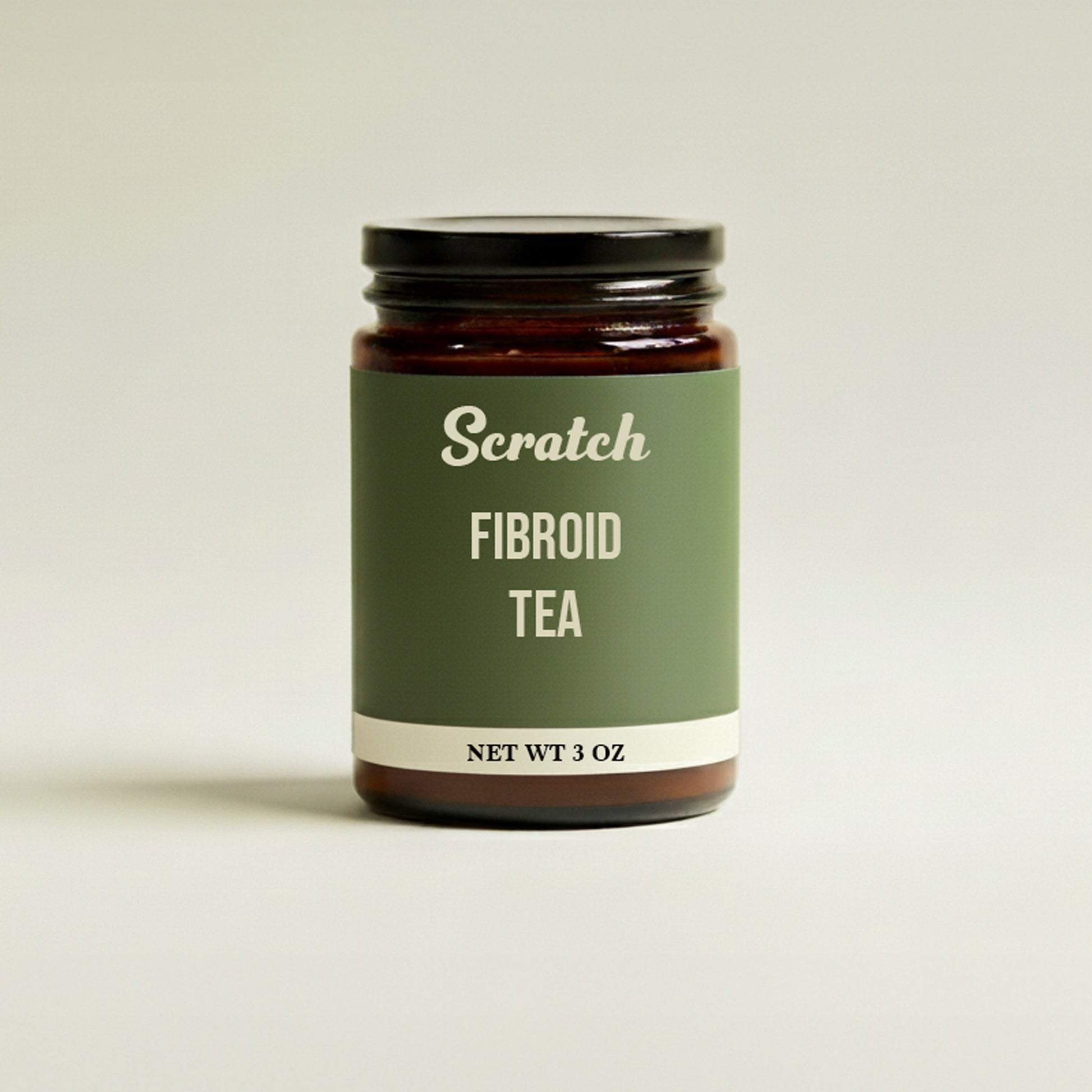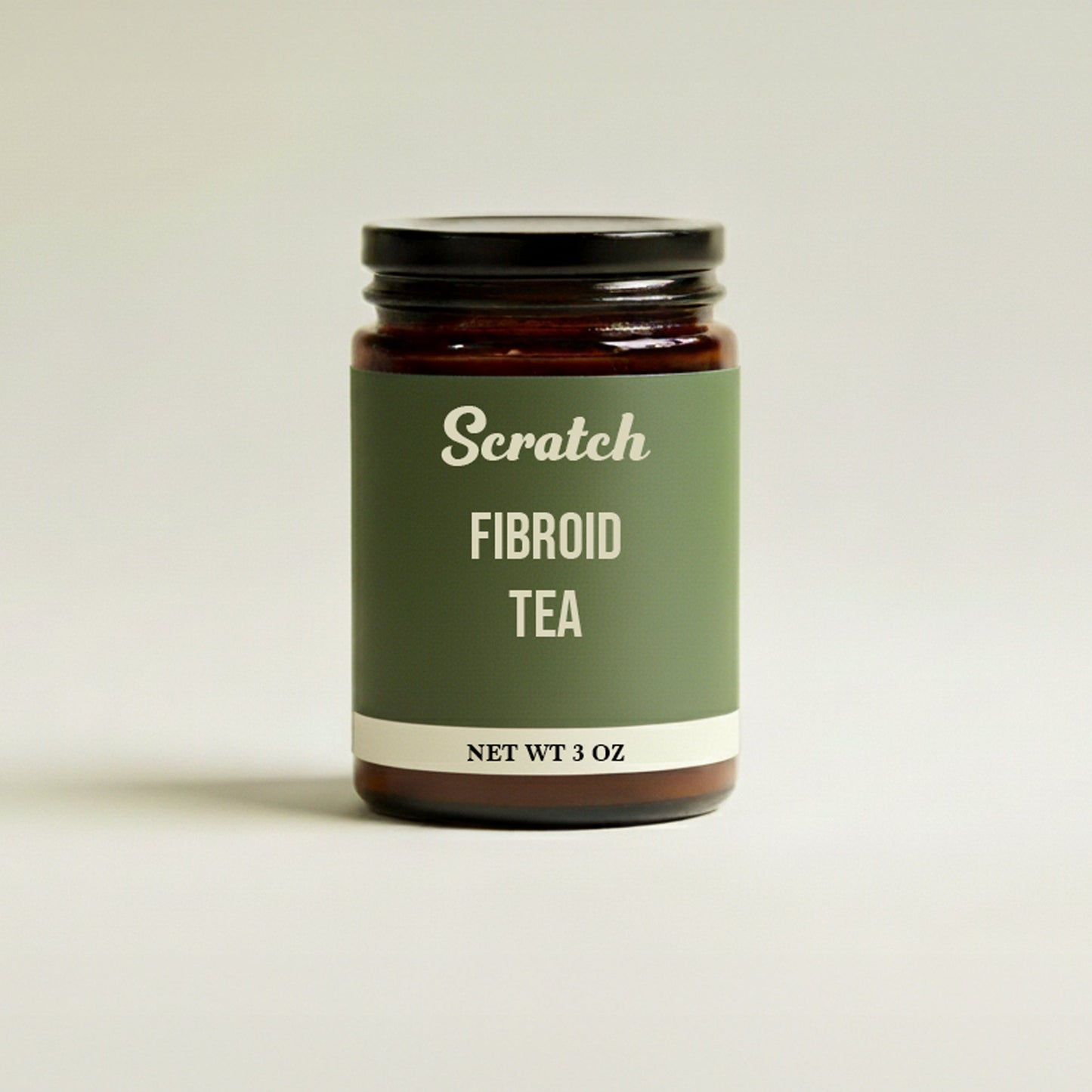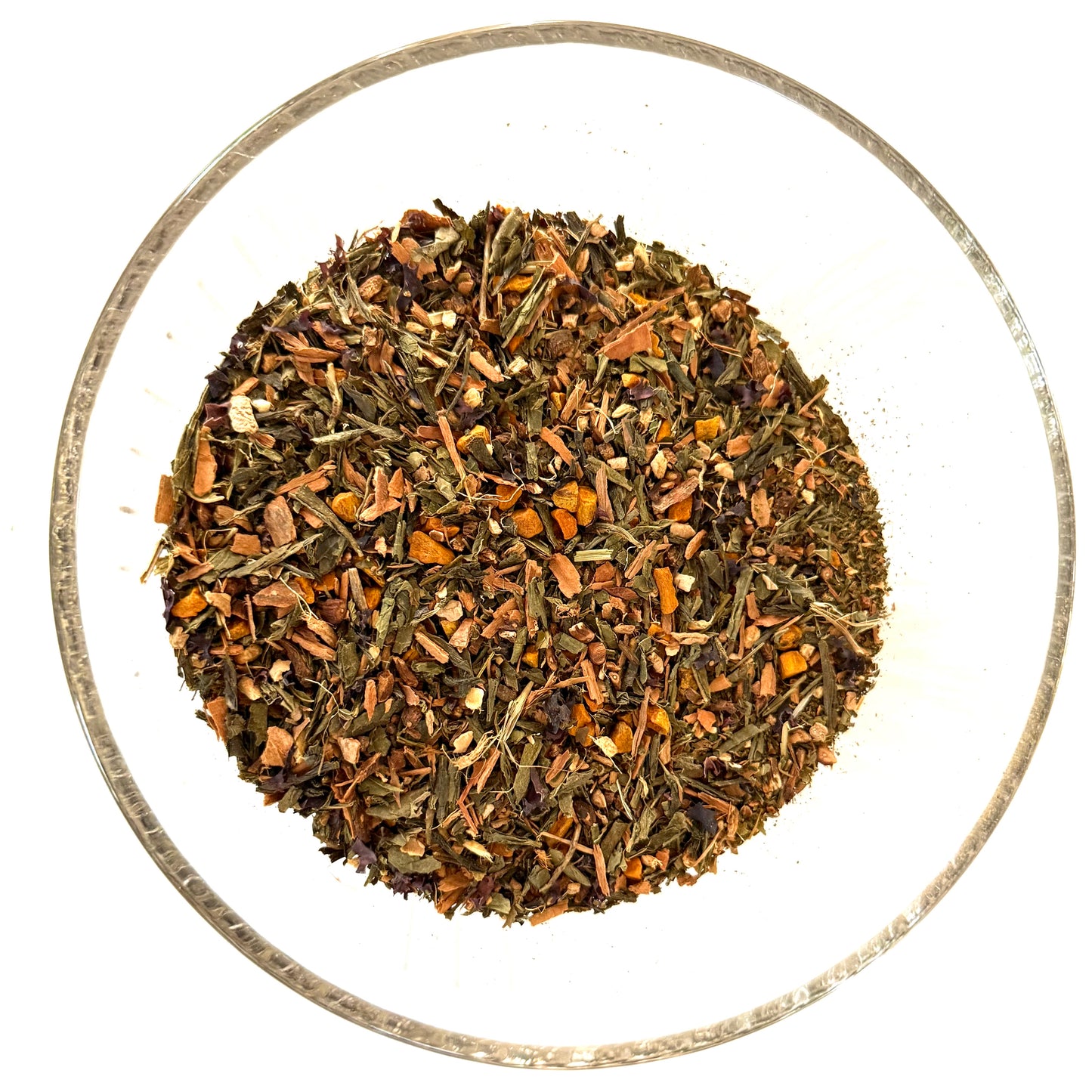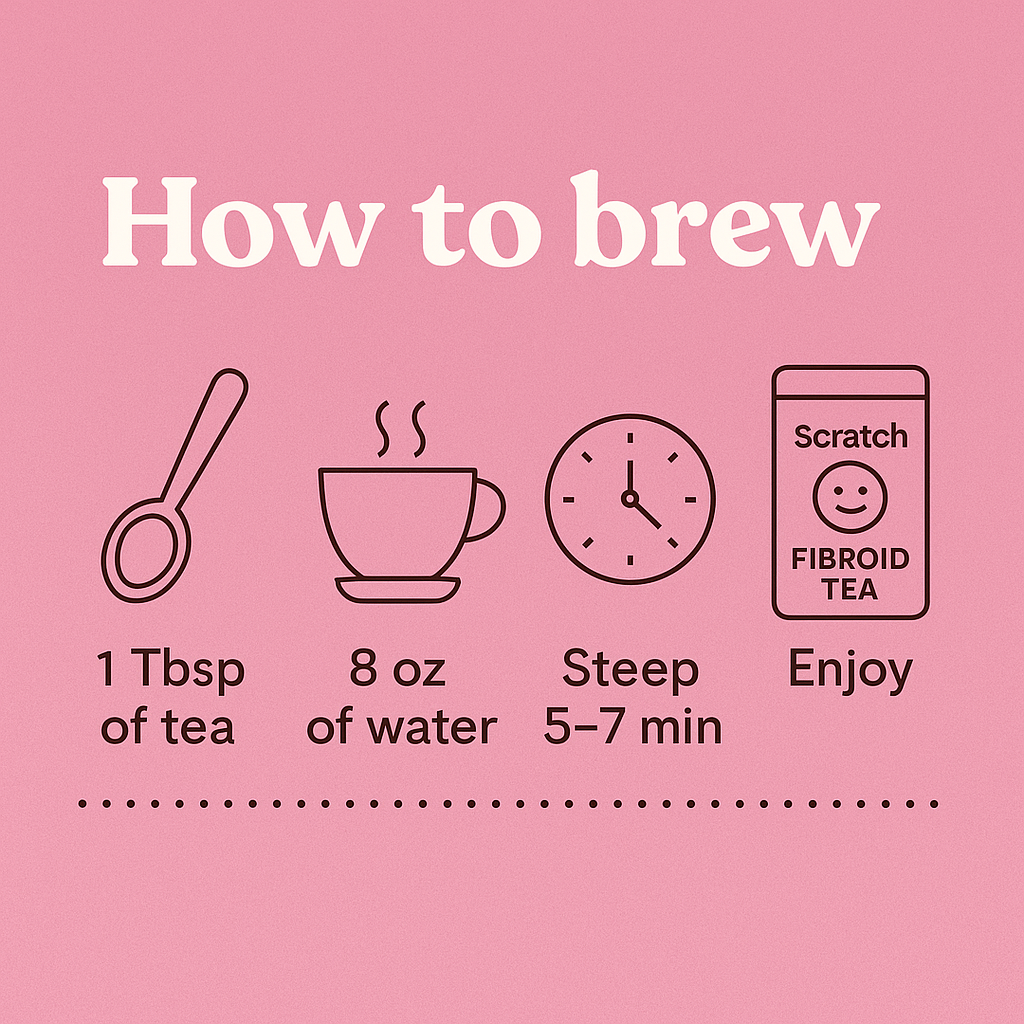Living with uterine fibroids often means dealing with a range of uncomfortable symptoms, and digestive issues like bloating, gas, and constipation are more common than you might think. While many associate fibroids with heavy periods and pelvic pain, their impact on the digestive system can be just as disruptive.1 In this article, we'll explore why fibroids cause these issues and what you can do to find relief.
Why Do Fibroids Cause Digestive Issues?
The primary reason fibroids cause digestive problems is their size and location. Fibroids can grow to be quite large, and as they expand, they can put pressure on surrounding organs, including the bowels and rectum.2
-
Pressure on the Bowels: When large fibroids press on the intestines, they can interfere with the normal flow of waste, leading to constipation.3 This can also cause a feeling of fullness or bloating, as the digestive process is slowed down.
-
Pressure on the Rectum: Fibroids located on the back of the uterus can press directly on the rectum, making it difficult to have a bowel movement.4 This can lead to straining and a feeling of incomplete evacuation.
-
Hormonal Influence: Fibroids are sensitive to hormones, particularly estrogen.5 Fluctuations in hormone levels can affect the digestive system, leading to bloating and gas.6
Relief Strategies for Fibroid-Related Digestive Issues
While treating the fibroids themselves is the most effective long-term solution, there are several strategies you can use to manage digestive symptoms in the meantime.
Dietary Changes
-
Increase Your Fiber Intake: A high-fiber diet can help soften your stool and make it easier to pass.7 Focus on incorporating fruits, vegetables, whole grains, and legumes into your meals.
-
Stay Hydrated: Drinking plenty of water is crucial for preventing constipation.8 Aim for at least eight glasses a day.
-
Limit Processed Foods: Foods high in sugar, salt, and unhealthy fats can contribute to bloating and inflammation.9 Opt for whole, unprocessed foods whenever possible.
Lifestyle Adjustments
-
Regular Exercise: Physical activity can help stimulate the digestive system and promote regular bowel movements.10 Even a short walk each day can make a difference.
-
Manage Stress: Stress can have a significant impact on your digestive health.11 Incorporate stress-reducing activities like yoga, meditation, or deep breathing exercises into your routine.
When to See a Doctor
If you're experiencing persistent bloating, gas, or constipation, it's important to speak with your doctor to confirm that your symptoms are related to fibroids and to discuss treatment options. They may recommend over-the-counter remedies or prescribe medication to help manage your symptoms.
By understanding the connection between fibroids and digestive issues and implementing these relief strategies, you can take control of your symptoms and improve your quality of life.


















